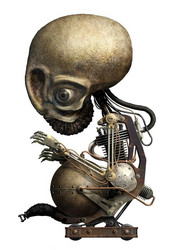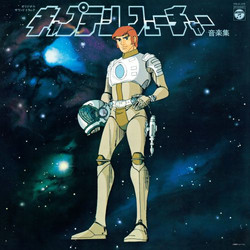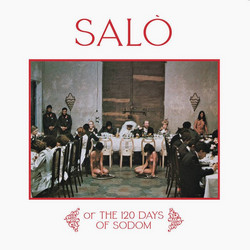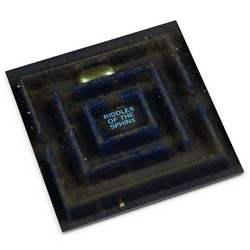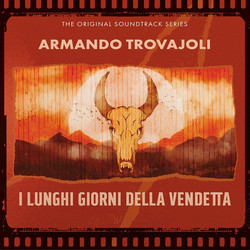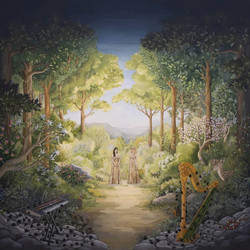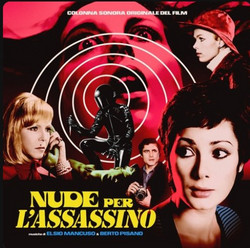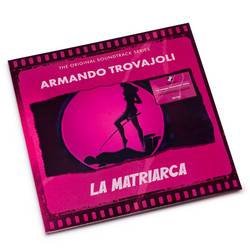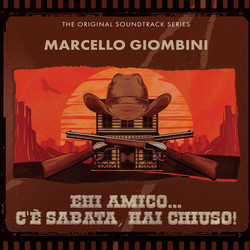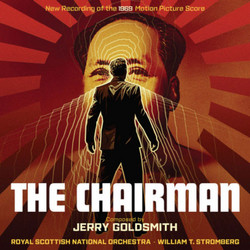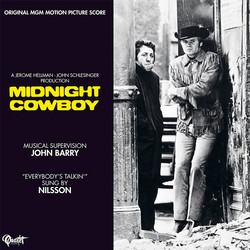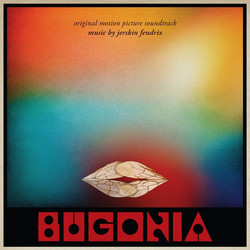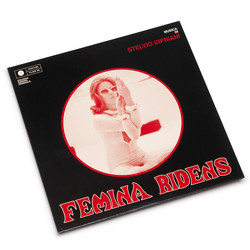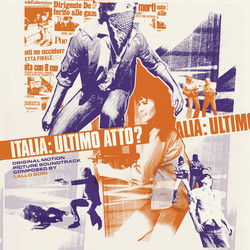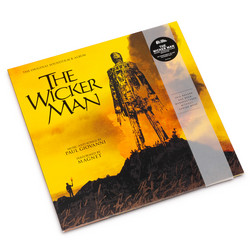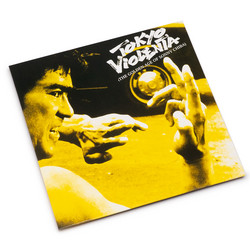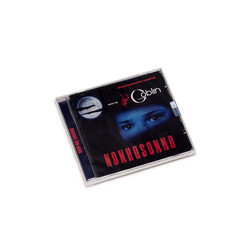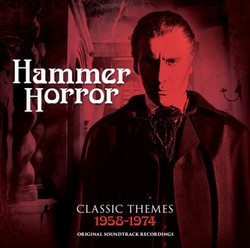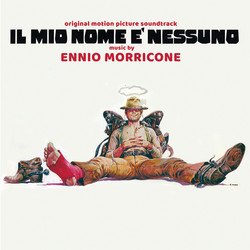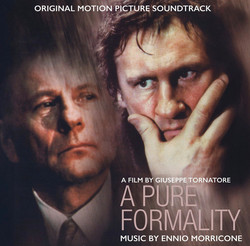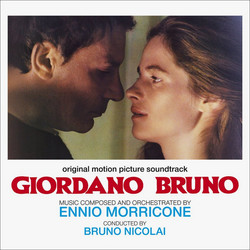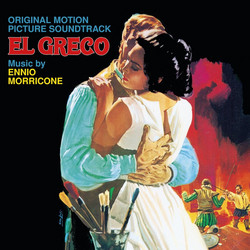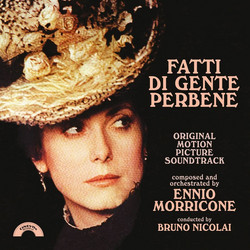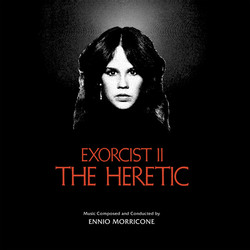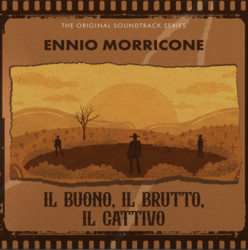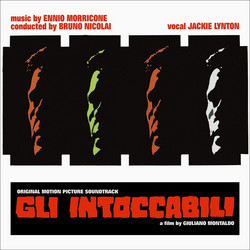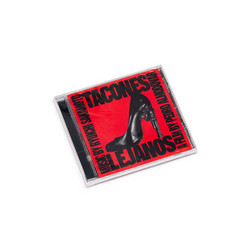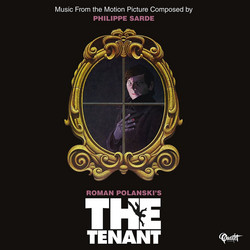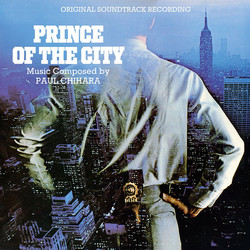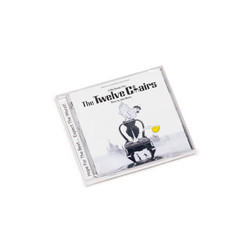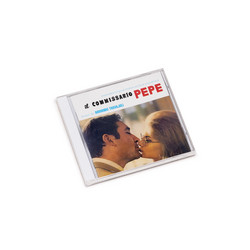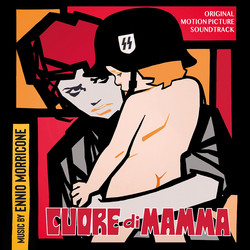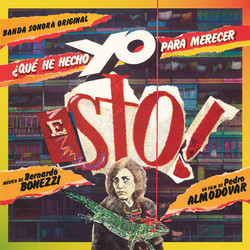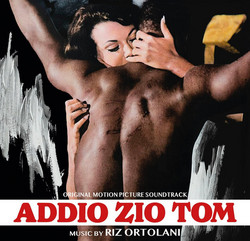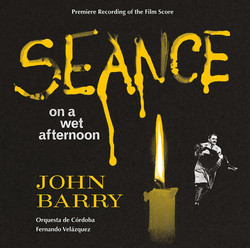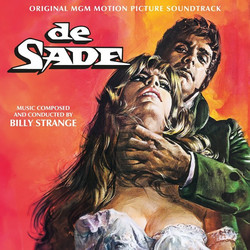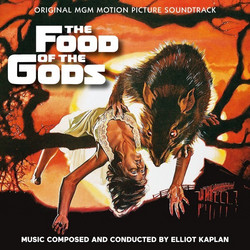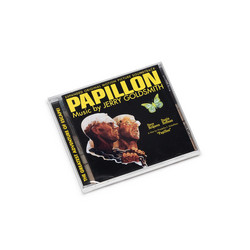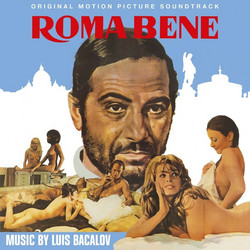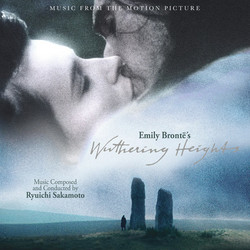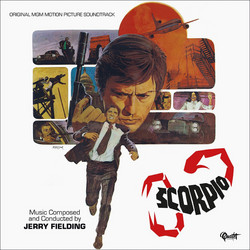Originally composed in 1975 for Mauro Bolognini’s film Per le Antiche Scale (Down the Ancient Staircase), Ennio Morricone’s music navigates the fragile tension between serenity and psychosis, passion and repression. Set in the confined world of a Tuscan psychiatric institution during the 1930s, the film charts the moral and emotional descent of Dr. Bonaccorsi, played by Marcello Mastroianni, whose entanglements with colleagues and patients mirror the moral confusion of the era. Morricone’s score rises as a parallel narrative—one that translates the film’s psychological architecture into a soundscape of striking tension and melancholy. From its opening cues, the music establishes a duality between lyricism and discord. A delicate waltz motif, tinged with nostalgia, collides with fragmented atonal passages that evoke the instability of the characters’ inner lives. The interplay between classical instrumentation—strings, piano, woodwinds—and experimental sonorities gives the soundtrack its shape-shifting quality. Morricone does not seek beauty in a conventional sense; instead, he builds beauty out of frailty, as if each note were balancing on the edge of collapse. The result is a profoundly humane portrait of the mind’s labyrinths.
Bolognini’s visual approach—poetic yet unsettling—finds an ideal echo in Morricone’s structure. The composer’s use of thematic fragmentation and silence mirrors the crumbling logic of the institution’s world. Every melodic line seems haunted by an awareness of impermanence. There are no grand gestures or orchestrational excesses; instead, gradual textures accumulate meaning through repetition and contrast. The recurring melodic idea, suspended and unresolved, encapsulates both Bonaccorsi’s intellectual pride and his emotional fragility. In reissue form, the score has enjoyed several incarnations: initially on a rare Italian 45RPM, then in RCA’s aborted 1975 mock-up album restored decades later, and most recently through GDM and Quartet Records’ remastered editions supervised by master engineer Chris Malone. Each version underscores the enduring fascination of one of Morricone’s most accomplished psychological soundtracks, which stands among his finest collaborations with Bolognini—alongside Metello, L’assoluto naturale, and Arabella.
Per le Antiche Scale defies easy categorization. It is neither purely romantic nor purely modernist; instead, it dwells in a liminal space where restraint and emotion coexist. Listening today, it feels less like traditional film music than a composed meditation on mental fragility, shaped by Morricone’s keen understanding of the human condition. Few scores convey so vividly the surreal stillness of thought unraveling—and fewer still transform that unraveling into something as eloquent as this.
